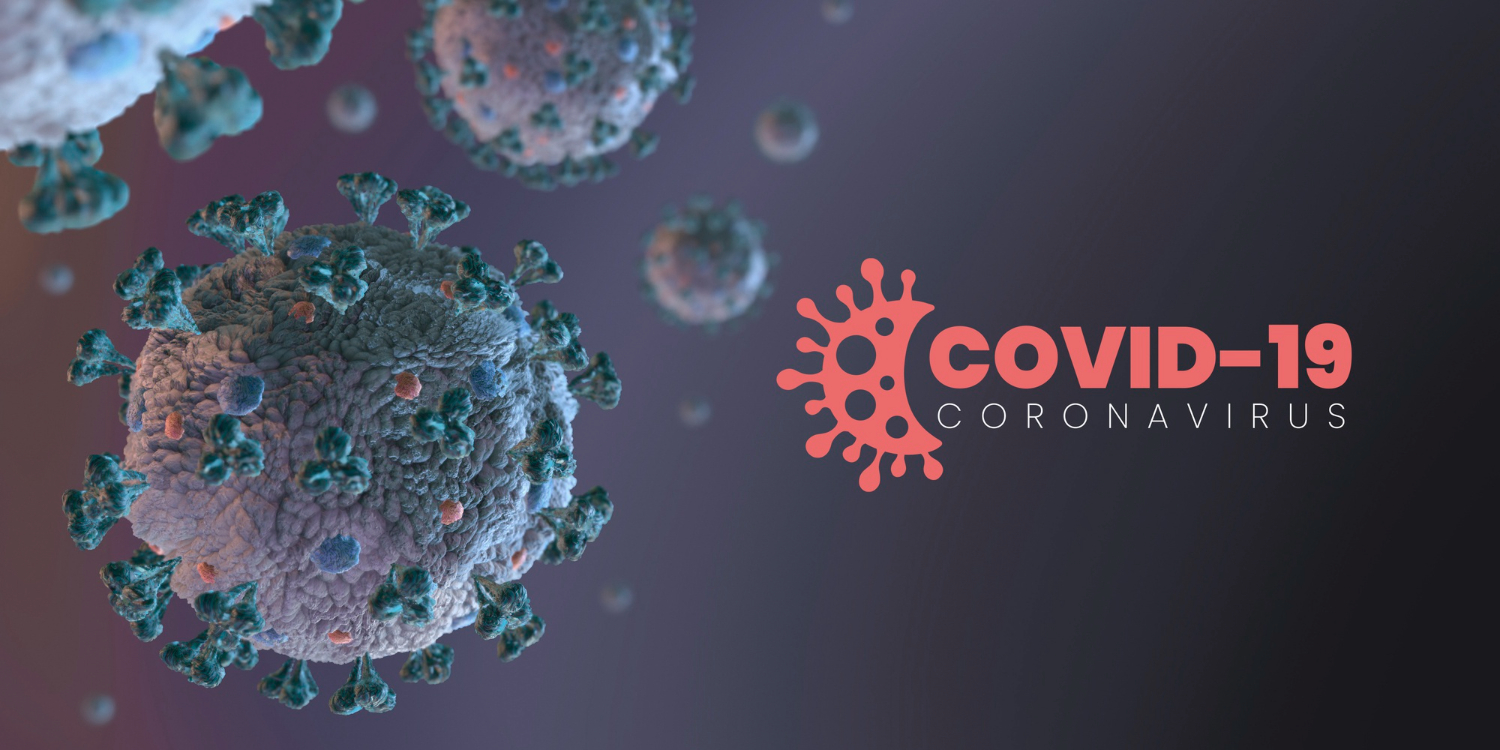Summary: GABA is an inhibitory neurotransmitter. Additionally, GABA is readily available as a health supplement. GABA is used to improve brain function and reduce stress and anxiety. However, new studies show that GABA receptors are also present peripherally, like in the immune cells. Thus, new studies show that GABA can lower inflammation and risk of thrombosis and help manage Covid-19.
GABA (Gamma-Aminobutyric Acid) is an inhibitory neurotransmitter that plays a key role in regulating the activity of nerve cells in the brain and nervous system. GABA acts by binding to specific receptors on the surface of nerve cells, and, in doing so, it helps to reduce the excitability and activity of these cells. This can have a calming and relaxing effect on the body and mind. GABA is particularly important in the regulation of mood and anxiety. Low levels of GABA are associated with conditions such as anxiety, depression, and panic disorders.
Many antidepressants and anxiolytic drugs work by enhancing the activity of GABA or by binding to GABA receptors. In addition to its role in mood and anxiety, GABA is also involved in other cognitive processes such as memory, learning, and attention. It also plays a critical role in the regulation of sleep and wakefulness. GABA is also important for physical health. For example, it is involved in the regulation of muscle tone and has a role in the regulation of blood pressure and heart rate. It is also known to have anti-inflammatory effects, which may be beneficial in conditions such as chronic pain and autoimmune disorders.
Though GABA has long been in use as a health supplement for brain disorders, its utility is limited as it cannot cross the blood-brain barrier in sufficient amounts. However, researchers have become more interested in its role in other health conditions in recent years. New studies show that GABA has much broader activity, and thus it can influence many body functions.
Since it can help counter inflammation and modulate immunity, researchers now think it may also have a role in managing Covid-19 infection. The new study explored the potential therapeutic effects of GABA-receptor (GABA-R) agonists in treating COVID-19. GABA-Rs are neurotransmitter receptors that are found in the central nervous system and are also expressed by immune cells and lung epithelial cells. Previous research has shown that GABA-R agonists can reduce inflammatory immune cell activities and limit acute lung injuries.
In addition, the study notes that plasma GABA levels are reduced in hospitalized COVID-19 patients, suggesting that GABA-R agonists may have therapeutic potential for treating the disease. The study used a mouse model to investigate the effects of oral GABA treatment given at different stages of SARS-CoV-2 infection. The results showed that GABA treatment reduced disease severity, lung coefficient index, and death rates in the mice.
Additionally, the mice had reduces the viral load in their lungs and display shifts in their serum cytokine and chemokine levels that are associated with better outcomes in COVID-19 patients. The study concludes that GABA-R activation had multiple beneficial effects in the mouse model and suggests that a number of GABA-R agonists that are safe for human use can be tests in clinical trials with COVID-19 patients. The study also found that GABA-R has a role in reducing neuroinflammation, especially the one caused due to Covid-19 infection.
To sum up, it is time to consider GABA agonists or supplements to manage various physical ailments. It is good for managing certain brain or mental health issues but also for managing various physical ailments. It is our mission to bring real hope and transformational change to patients who would otherwise be consign to a lifetime of medications, doctor’s visits, and suffering. We expose misaligned incentives and return the power of health to the individual, we believe empowered individuals change their communities. We use a combination of lifestyle intervention, medication management, and emerging scientific research to help our patients.
When you are ready or have questions, reach out. The content provide here is not intend to provide assessment, diagnosis, treatment, or medical advice; it also does not constitute provision of healthcare services. No information in this content should ever be consider as a substitute for advice from a healthcare professional, it is provided for thoughtful discussion, informational and educational purposes only.




